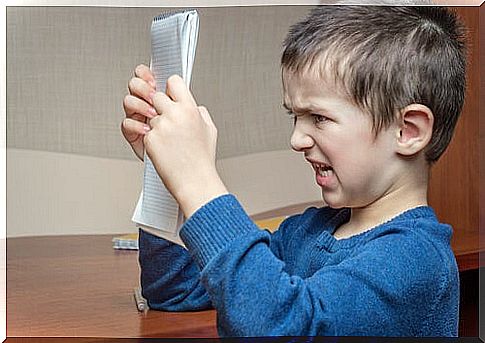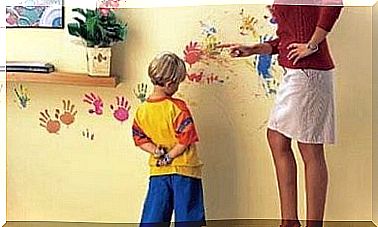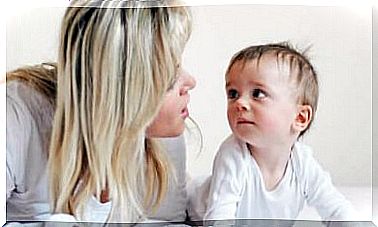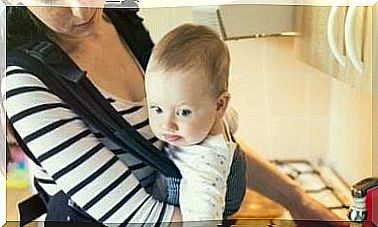Wrath In Children: What Can Parents Do?

So how can adults manage anger in children ?
What is anger in children and how does it manifest itself?
Anger or rage is a natural emotion that is difficult for a child to manage. It consists of a feeling of irritation or discomfort triggered by situations that disturb his calm.
Children often express their discomfort physically by straining their muscles, which increases blood pressure. Other visible signs of anger are sweating, redness of the skin and headache.
Their behavior may also be different: they are restless and keep moving from place to place for no reason.
The child also expresses his anger by hitting, shoving, throwing toys, pinching, shouting, biting, breaking objects, or threatening.
Possible causes of anger in children
In general, when children are constantly seized by fits of anger, rage or anger, the cause is probably to be found in internal and external problems such as:
- Stress.
- Physical or emotional problems that cause him fear.
- Frustration and helplessness at not being able to do or have something.
- Bipolar disorder.
- Depression.
- Desire to draw attention.
- Difficulty communicating.
- Hypersensitivity to stimuli.
- Stress, fatigue, insecurity and jealousy.
For young children, showing this angry state is a way of expressing themselves. It is obvious that this is not the right way, but they use it to let their parents know that something is important to them.
The importance of teaching children to control anger
Feelings of anger or anger in children can result in unwanted or harmful behavior. The fact that a child responds aggressively in any situation can cause him to become violent.
12 techniques to control anger in children
While a tantrum from time to time is normal, you need to make an effort to control anger in children. To do this, you can consider these strategies that will help you educate your little one:
- Don’t lose control as a parent. If you respond by shouting, you will only make the situation worse and confirm to the child that his behavior is normal.
- Help him develop the ability to master himself. This way he will be ready to face any adverse situation.
- Give him time to calm down. Give him some space instead of getting into a fight with him.
- Act with firmness, patience and love; the child will accept what his role is within the family environment.
- Avoid correcting it when you feel frustrated or irritated, because you run the risk of treating it badly.
- Teach your child by your example. Don’t think the “Do what I say and not what I do” trick works.
- Let them know that it’s okay to get angry, but that overreaction is unacceptable.
- Teach them to identify their emotion, using spoken language to express themselves.
- List the reasons why you are denying him something he wants, such as candy or watching television.
- Offer him fun activities that help him channel his emotions.
- Praise him and congratulate him for the things he has done well.
- Teach him to recognize his mistakes, to admit his faults and to apologize.
Benefits of controlling childhood anger
It is necessary that parents teach children from an early age to express, channelize and manage their emotions. One of the advantages is certainly better communication between fathers and children.
Similarly, the child learns that there are other alternatives besides crying to communicate : dialogue. Showing empathy is another benefit a child gets when he is able to control his emotions and cares about others.
In short, help your child understand that you are the instructors, you fathers and mothers. In case you realize that your child is very difficult to calm down or if his or her fits of anger are very frequent, then we recommend that you consult a specialist. This expert will have the ability to evaluate and suggest techniques for controlling anger.









